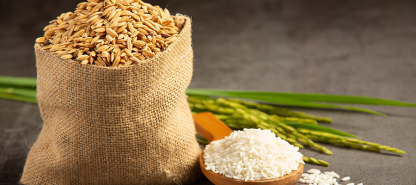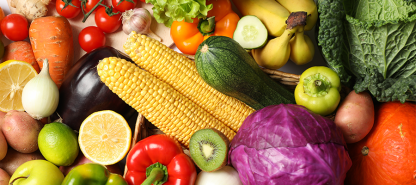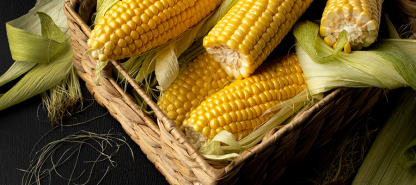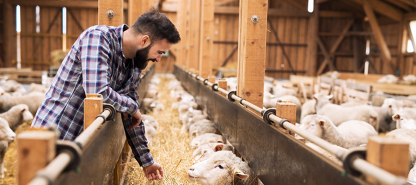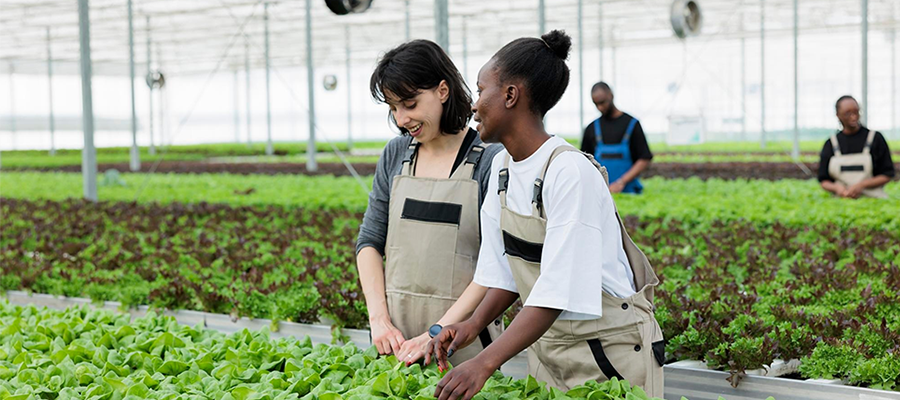
- 12 Jul 2025
Unlocking the Future of Sustainable Agriculture: Investing in a Greener Tomorrow
Sustainable agriculture signifies a significant change in our approach to food production and resource management. In a world grappling with environmental issues like climate change, soil degradation, and water scarcity, sustainable agriculture provides a balanced solution that prioritizes both productivity and ecological health. This approach emphasizes farming techniques that minimize environmental impact, conserve natural resources, and foster biodiversity. Both farmers and investors are increasingly recognizing the long-term advantages of practices that maintain soil fertility and productivity for future generations. Methods such as crop rotation, organic fertilization, and integrated pest management promote healthier ecosystems and pave the way for enhanced food security.
The Significance of Crop Diversity
Crop diversity encompasses the variety of plant species cultivated for food, fiber, and other agricultural products. This diversity is vital for numerous reasons, influencing ecological balance, food security, and economic resilience. Here’s an exploration of its importance:
Ecosystem Resilience
Diverse crops strengthen ecosystems by supporting various microorganisms and wildlife, which enhances soil health and nutrient cycling. This biodiversity helps ecosystems better withstand pests, diseases, and climate variability.
Food Security
A wide range of crops enhances food security by reducing dependence on a limited number of staple crops. In situations where disease or adverse weather affects certain crops, having multiple varieties ensures a stable food supply and decreases vulnerability.
Nutritional Variety
Different crops provide essential nutrients and vitamins. Increasing crop diversity on farms contributes to a more varied diet, which can help combat malnutrition and improve public health.
Pest and Disease Resistance
Cultivating a variety of crops can minimize the spread of pests and diseases. When farms grow multiple species, it disrupts the life cycles of pests that thrive on monocultures, resulting in a reduced need for chemical pesticides.
Soil Health
Crop diversity enhances soil quality by improving its structure and fertility. Different root systems enhance nutrient availability, while a variety of plant residues boosts organic matter and microbial activity.
Adaptation to Climate Change
Diverse crops are more adaptable to changing climate conditions. By growing a range of species, farmers can choose varieties that thrive under specific conditions, enhancing resilience to extreme weather.
Economic Stability
Farmers who cultivate diverse crops can access multiple markets, reducing economic risk. This diversification can lead to more stable incomes, as market fluctuations for one crop may be balanced by the success of others.
Cultural Heritage and Biodiversity Conservation
Crop diversity helps preserve traditional agricultural practices and cultural heritage. Many indigenous and local communities depend on a variety of crops that reflect their unique agricultural knowledge and biodiversity.

